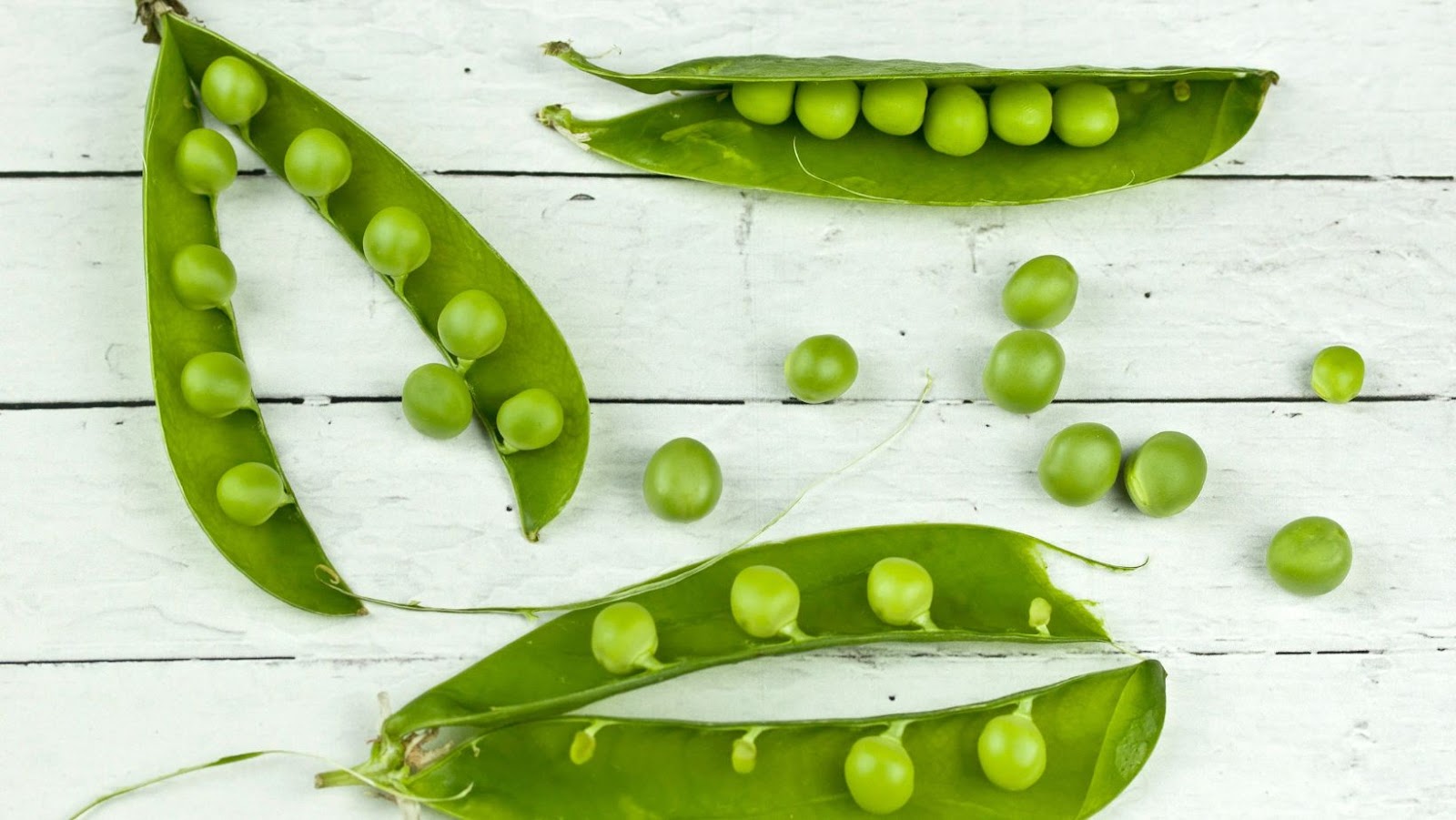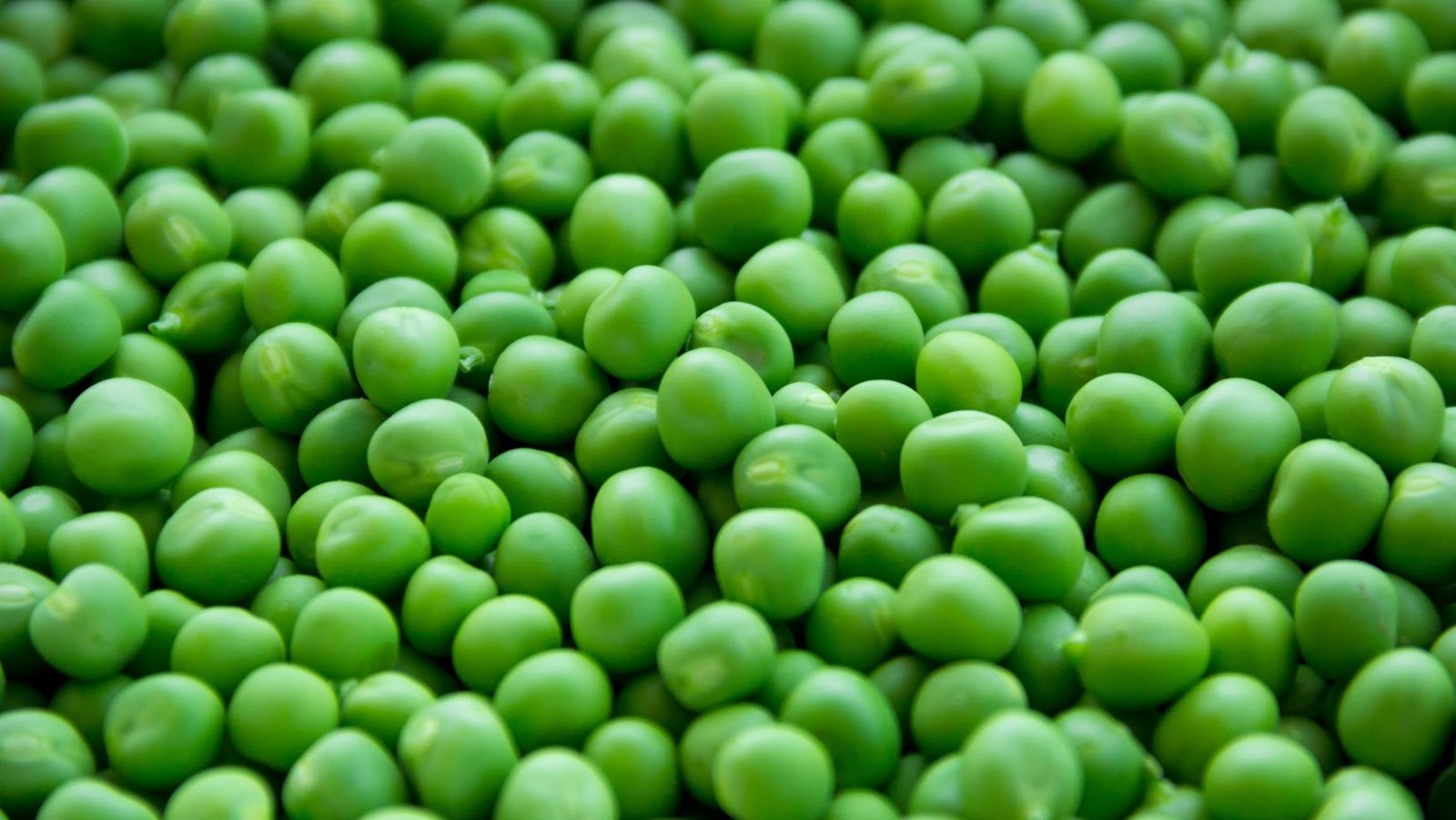Looking for a healthy, effective and affordable way to up your protein intake? Are you confused about which protein source is best for you – pea or whey? You’ve come to the right place!
In this blog, we’ll explore the pros and cons of pea and whey proteins to help you decide which one is best for your needs.
Introduction to Pea and Whey Protein
Pea and whey protein are two popular supplements that are widely used by fitness enthusiasts and athletes.
Pea protein, derived from yellow peas, is an excellent source of protein for vegetarians and vegans. It is also hypoallergenic, making it suitable for people with lactose intolerance or allergies.
Whey protein, on the other hand, is a complete protein derived from milk. It contains all the essential amino acids that the body needs but cannot produce on its own. Whey protein is also rapidly absorbed by the body, making it an excellent pre- or post-workout supplement.
When it comes to pea vs whey protein, both supplements have their unique advantages and are effective in supporting muscle growth and recovery. However, the choice ultimately depends on individual needs, dietary restrictions, and personal preferences. It is best to consult with a healthcare professional or a registered dietitian to determine which supplement is right for you.
Pro Tip: Try blending pea and whey protein together for a complete protein source that caters to both vegetarian and non-vegetarian diets.
Benefits of Pea Protein
Pea protein is a popular alternative to whey protein due to its numerous health benefits that cater to a wide range of dietary restrictions.
Here are some of the benefits of pea protein:
|
1. Digestibility: |
Pea protein is a hypoallergenic, plant-based protein that is easy to digest and doesn’t cause bloating, unlike whey protein. |
|
2. Vegan-friendly: |
Pea protein is 100% plant-based, making it an excellent dietary option for vegans and vegetarians who require a high protein intake for muscle building. |
|
3. Nutrient-dense: |
Pea protein is high in iron, arginine, and branched-chain amino acids, which are essential for muscle repair and growth. |
|
4. Environmentally friendly: |
Pea protein requires fewer resources to produce compared to animal-based protein sources like whey protein, making it a sustainable dietary option. |
While both pea and whey protein are good sources of protein, pea protein has unique benefits that cater to different dietary needs. Pro tip: Pair pea protein with a high-carbohydrate meal to increase nutrient absorption.
Benefits of Whey Protein
Whey protein is a popular supplement among athletes, bodybuilders, and health enthusiasts due to its numerous benefits.
Some of the key benefits of whey protein include:
- Muscle building: Whey protein is rich in amino acids that are essential for building and repairing muscles after exercise. It promotes muscle growth and reduces muscle damage and soreness.
- Weight loss: Whey protein is an effective appetite suppressant that helps you feel full for longer periods and reduces cravings for unhealthy snacks. It also boosts metabolism and increases fat burning.
- Lowering blood pressure: Whey protein contains bioactive peptides that help lower blood pressure and improve cardiovascular health.
While whey protein is a complete protein that contains all 9 essential amino acids, pea protein is a plant-based protein that is a popular alternative for vegans and people with dairy allergies or intolerance. Pea protein is also high in branched-chain amino acids (BCAAs) and helps build muscle and enhance weight loss. However, compared to whey protein, pea protein is lower in certain amino acids such as cysteine and methionine.
So, if you’re looking for a complete protein for muscle building, recovery, and weight loss, whey protein is a great option. On the other hand, if you’re a vegan or have dairy allergies, pea protein is an excellent plant-based alternative.
Pea vs Whey Protein
Pea protein and whey protein have several differences that make them distinct from each other.
Pea protein powder is a plant-based protein source derived from yellow peas. It is an excellent source of amino acids, particularly BCAAs, which helps in muscle building and repair. It is also hypoallergenic and easily digestible, making it an excellent protein source for people with lactose intolerance.

Whey protein, on the other hand, is derived from milk and is a complete protein source, containing all nine essential amino acids necessary for muscle growth and recovery. It is absorbed quickly by the body, making it ideal for post-workout recovery.
When it comes to the price, pea protein powder is relatively cheaper than whey protein powder. However, whey protein has a higher protein content than pea protein.
In conclusion, both pea protein powder and whey protein powder have their unique benefits and drawbacks. Choosing the right protein powder depends on your dietary needs, budget, and health goals.
Nutrition Facts of Pea and Whey Protein
Pea and whey protein are two popular protein supplements, each with its unique nutritional profile.
Whey protein is a complete protein that contains all nine essential amino acids and is easily digestible. It is rich in leucine, an amino acid that promotes muscle growth and repair.
Pea protein is also a complete protein but lower in leucine. However, it is rich in branched-chain amino acids (BCAAs), which also promote muscle growth and recovery. Pea protein is also low in allergens and easier to digest for those with lactose intolerance.
Here is a comparison of the nutritional values of one serving (28g) of pea versus whey protein:
|
Protein |
Calories |
Protein |
Fat |
Carb |
|
Pea |
100 |
20g |
1.5g |
2g |
|
Whey |
120 |
24g |
2g |
3g |
Ultimately, both pea and whey protein have their benefits and can be incorporated into a well-balanced diet that meets your fitness goals and dietary restrictions.
Pro Tip: Before starting any supplementation, consult with a dietitian or medical professional to determine the best type and amount of protein for your body’s individual needs.
Health Considerations of Pea and Whey Protein
When choosing between pea and whey protein, it’s important to consider your health needs and goals.
|
Pea protein |
Whey protein |
|
Excellent choice for those with dietary restrictions, such as lactose intolerance, as it is dairy-free |
Complete protein and is rapidly absorbed by the body, making it an excellent choice for post-workout recovery. It also contains high levels of leucine, an amino acid essential for muscle protein synthesis. |
|
Good source of plant-based protein, making it ideal for vegetarians and vegans |
May be unsuitable for those with dairy allergies or sensitivities. |
|
Rich in fiber, promotes satiety, and supports muscle growth. |
In conclusion, both pea and whey protein have their unique health benefits and considerations. It’s essential to choose the protein source that aligns with your dietary needs and fitness goals.
Tips for Choosing the Right Protein
When choosing the right protein supplement, it’s essential to consider your dietary needs, fitness goals, and personal preferences. Pea and whey protein are two popular options, each with its unique benefits.
Whey protein is a complete protein source that contains all the essential amino acids needed for muscle growth and repair. It is easily digestible, making it an ideal choice for post-workout recovery. Whey protein also contains lactose, which may cause discomfort for those who are lactose intolerant.

On the other hand, pea protein is plant-based, making it an excellent option for vegans and those with dairy allergies. It is rich in amino acids, particularly arginine, which supports healthy blood flow and heart health. Pea protein is also easy to digest and gentle on the stomach.
Consider your dietary needs and preferences, fitness goals, and digestion tolerance when choosing between pea and whey protein. It is recommended to consult with a healthcare professional before incorporating any supplements into your diet.
Pro tip: Try mixing pea and whey protein to get the benefits of both protein sources.
In conclusion, both pea and whey proteins are excellent sources of protein for building muscle and aiding in recovery after exercise.
Pea protein is an excellent alternative for vegans or those with lactose intolerance. It is a complete protein, containing all essential amino acids, and is easily digestible.
Whey protein is a complete protein derived from milk and is known for its fast absorption and high bioavailability. It is an excellent option for those who are not lactose intolerant and want a quick source of protein.
Ultimately, the choice between pea and whey protein depends on personal preference, dietary restrictions, and fitness goals. It is essential to choose a high-quality protein source and incorporate it into a well-rounded diet and exercise plan for optimal results.
